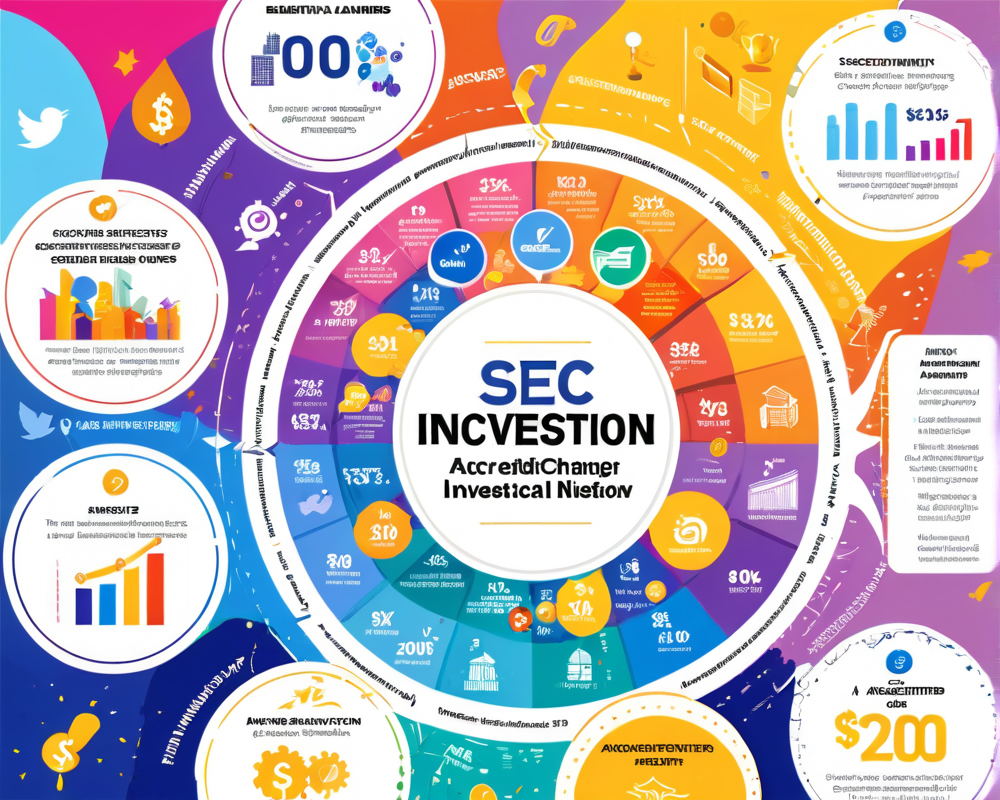Understanding the SEC’s Change in Definitions
The Securities and Exchange Commission (SEC) has decided to shake things up a bit by revising what it means to be an “accredited investor.” While this may sound like finance jargon meant to put you to sleep, it actually has serious implications for how individuals can invest in certain securities. The SEC’s prior definition focused almost exclusively on wealth, often cutting out many financially savvy individuals simply because their net worth didn’t hit the magic number.
What Makes You an Accredited Investor?
Traditionally, to qualify as an accredited investor, you needed:
- A net worth of at least $1 million (excluding your primary residence)
- An annual income of $200,000 (or $300,000 if you’re filing jointly with a spouse)
This definition effectively excluded many educated and experienced investors who lacked those specific financial credentials. So, the SEC has decided to embrace financial sophistication over sheer wealth—a bold move, and arguably, a more inclusive one!
New Criteria: Education and Professional Experience
The newly updated criteria allow individuals to qualify based on their professional certifications, designations, or credentials from accredited educational institutions. You read that right; it looks like your degree in astrophysics or that fancy Wall Street seminar may finally pay off in ways you never imagined!
However, the SEC isn’t just handing out gold stars. Guidance on which institutions qualify is still forthcoming. It’s like waiting for your professor to grade that final exam—anxiety-inducing and full of uncertainty!
Implications for Investment Opportunities
This change in definition doesn’t just impact who can invest; it could also expand market participation in various investment vehicles. For example, those of you with a passion for cryptocurrencies and security token offerings may find that the pool of potential investors just got a whole lot bigger.
Of course, nobody’s sure how many savvy individuals out there will benefit from this change. There’s a good chance it will be more than just a drop in the bucket!
The Takeaway: What’s Next?
In summary, the SEC’s changes could lead to greater investor inclusion, enabling a broader range of participants in the capital markets. While the specifics regarding accredited educational institutions are still unclear, the general direction points to a future where knowledge and expertise get more value than wealth alone. We may soon find ourselves in a world where your MBA might just be the ticket to your next big investment opportunity!
So, buckle up, folks! Changes are coming, and they promise to open up new avenues for various types of investors. Or as Jay Clayton puts it, it’s all a part of the Commission’s ongoing efforts to make the market more accessible—because who doesn’t love being invited to the party?




